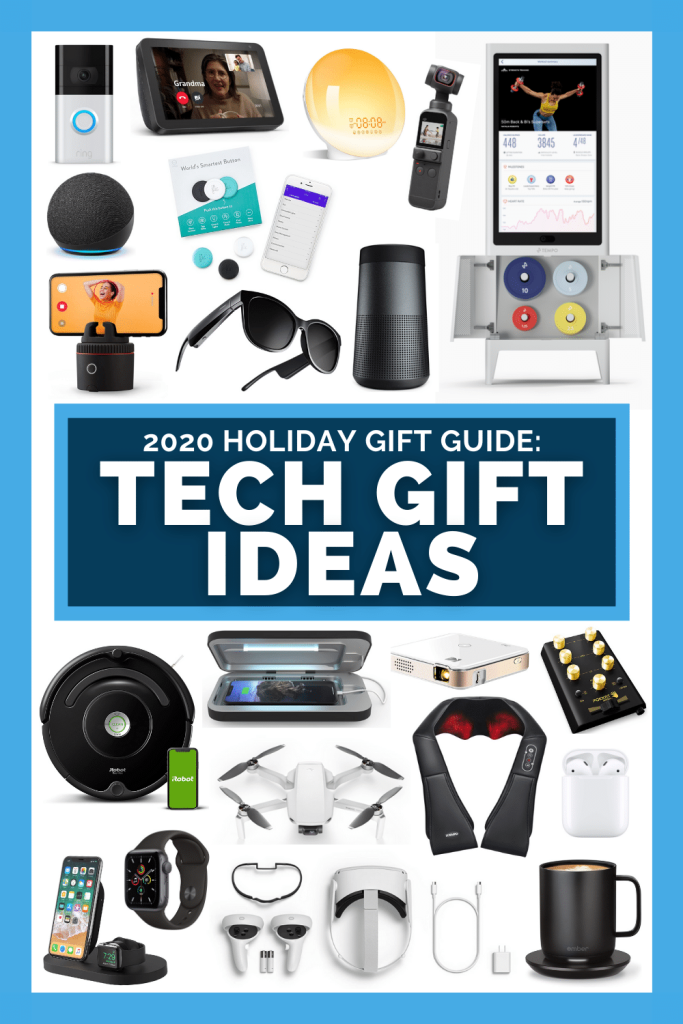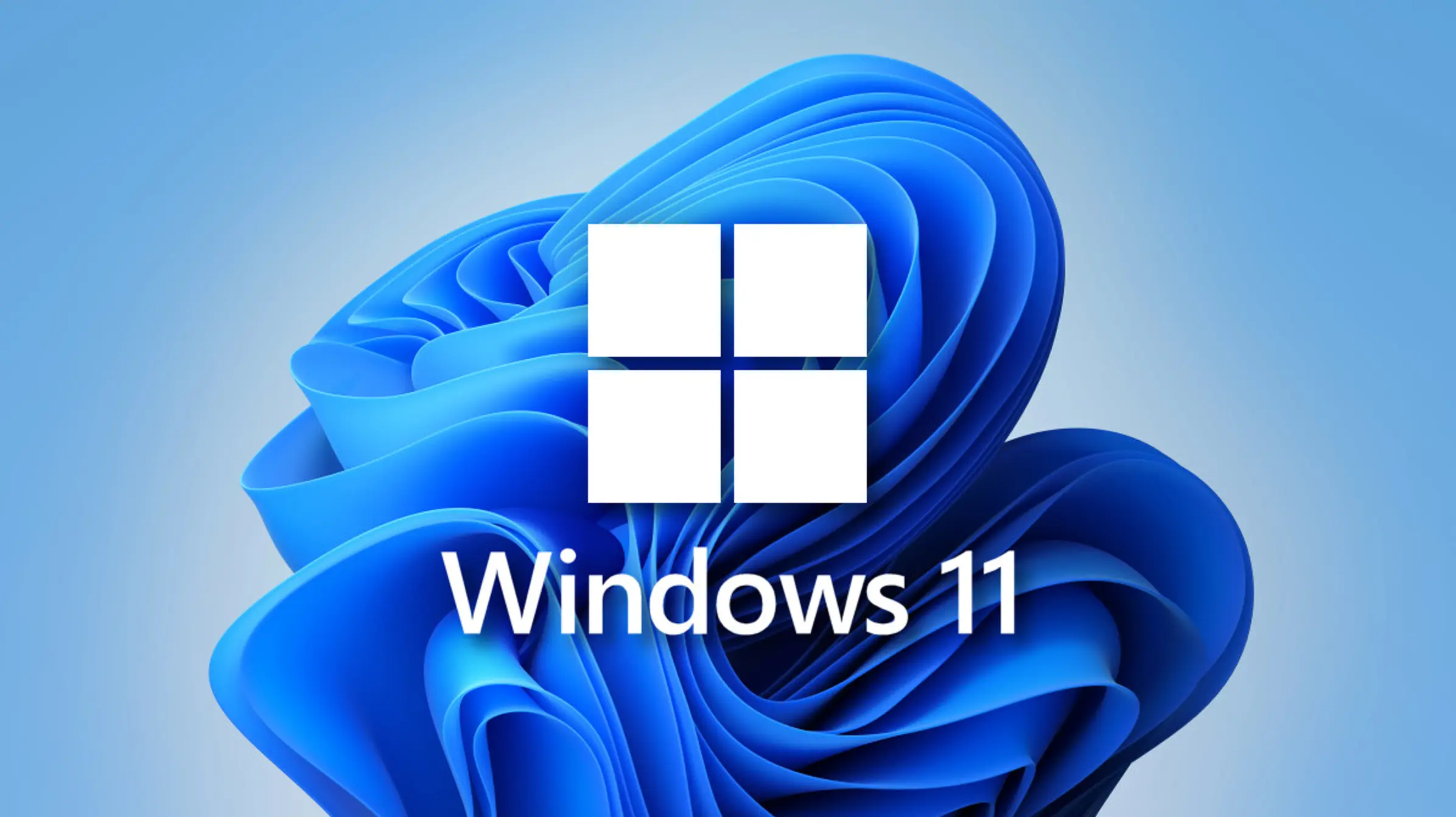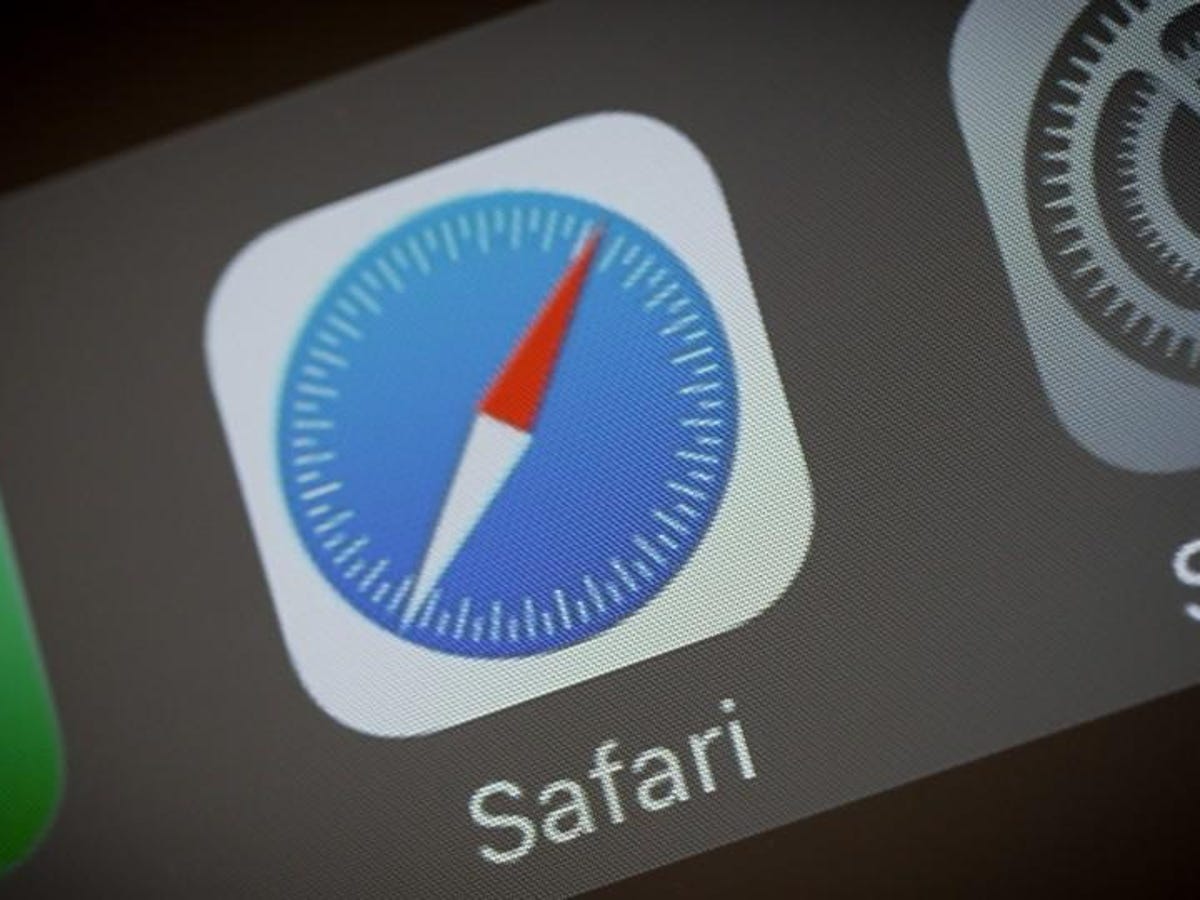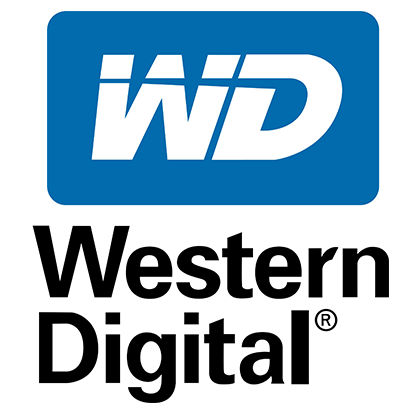MoveIT Data Breach



Check out this cool list of tech gadgets. Something for everyone, but especially for the techies
From Bestproducts.com

www.bestproducts.com/tech/gadgets/g293/best-tech-gifts-at-every-price/

The ChromeLoader malware is seeing an uptick in detections this month, following a relatively stable volume since the start of the year, causing the browser hijack to become a widespread threat.
ChromeLoader is a browser hijacker that can modify the victim’s web browser settings to show search results that promote unwanted software, fake giveaways and surveys, and adult games and dating sites.
The malware’s operators receive financial gains through a system of marketing affiliation by redirecting user traffic to advertising sites.
There are many hijackers of this kind, but ChromeLoader stands out for its persistence, volume, and infection route, which involves the aggressive use of PowerShell.
The operators of ChromeLoader also target macOS systems, looking to manipulate both Chrome and Apple’s Safari web browsers.
The infection chain on macOS is similar, but instead of ISO, the threat actors use DMG (Apple Disk Image) files, a more common format on that OS.
Moreover, instead of the installer executable, the macOS variant uses an installer bash script that downloads and decompresses the ChromeLoader extension onto the “private/var/tmp” directory.
Credit Story Bleeping Computer

Data released today by IT asset management platform provider Lansweeper indicates that upgrades to Windows 11 have almost tripled over the past three months, but the overall adoption rate remains miniscule.
The survey of more than 10 million Microsoft devices by Lansweeper’s PC management software showed 1.44% now run Windows 11, an increase from the 0.52% of PCs that ran the OS in January.
“Overall adoption remains slow, almost six months since the initial launch of Windows 11 to the general public, as previous Lansweeper research revealed that 55% of devices scanned are not capable of being upgraded to Windows 11,” Lansweeper said.
Credit ComputerWorld for Info

An Apple employee who advocates for Safari developers got an eyeful after taking to Twitter to ask users for feedback on why the Safari browser is unpopular and to ask that they point out specific issues with it.
Jen Simmons, an Apple evangelist and developer advocate on the Web Developer Experience team for Safari and WebKit, was clearly taken aback by the responses.
“Catching up with tech Twitter this morning and there seems to be an angry pocket of men who really want Safari to just go away,” Simmons tweeted. “Do we really want to live in a 95% Chromium browser world? That would be would be a horrible future for the web. We need more voices, not fewer.”
Unlike some rival browsers, such as Mozilla’s Firefox, Apple’s updates to Safari are sparse, with major upgrades just once a year. So the bulk of new features are often rolled out in a single instance. While that may be appealing for some who dislike frequent browser updates, it also means upgrades and/or fixes for Safari don’t come often.
Read More @ Computer World

Western Digital says it has lost at least 6.5 exabytes (6.5 billion gigabytes) of flash storage due to contamination issues at its NAND production facilities. The contamination could see the price of NAND — the main component of SSDs — spike up to 10 percent, according to market research firm TrendForce. Any potential NAND shortages or price fluctuations could affect the PC market over the next few months, which had another big year in 2021 despite global chip shortages and demand for GPUs.
The contamination of materials used in the manufacturing processes appears to have been detected in late January at two plants in Japan, with Western Digital’s joint venture partner, Kioxia (previously Toshiba), revealing it has affected BiCS 3D NAND flash memory.
Western Digital and Kioxia’s partnership amounts to around 30 percent of the NAND flash market, according to TrendForce. Both Western Digital and Kioxia primarily supply SSD and eMMC storage drives for PCs, and Western Digital is one of the leading suppliers in the industry.
It’s not clear what caused the contamination, whether products on the market will need to be recalled, or when production will resume. Western Digital says it’s “working closely with its joint venture partner, Kioxia, to implement necessary measures that will restore the facilities to normal operational status as quickly as possible.”
Credit The Verge for the Story